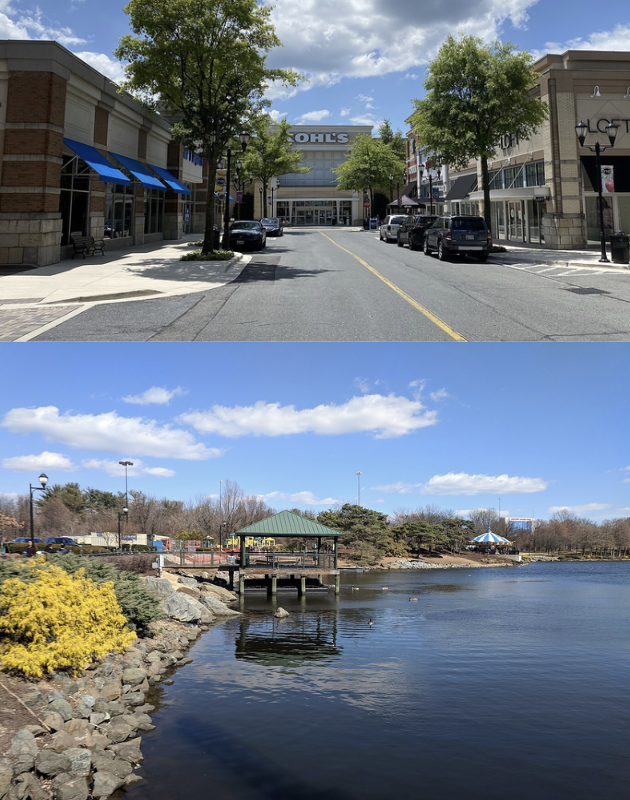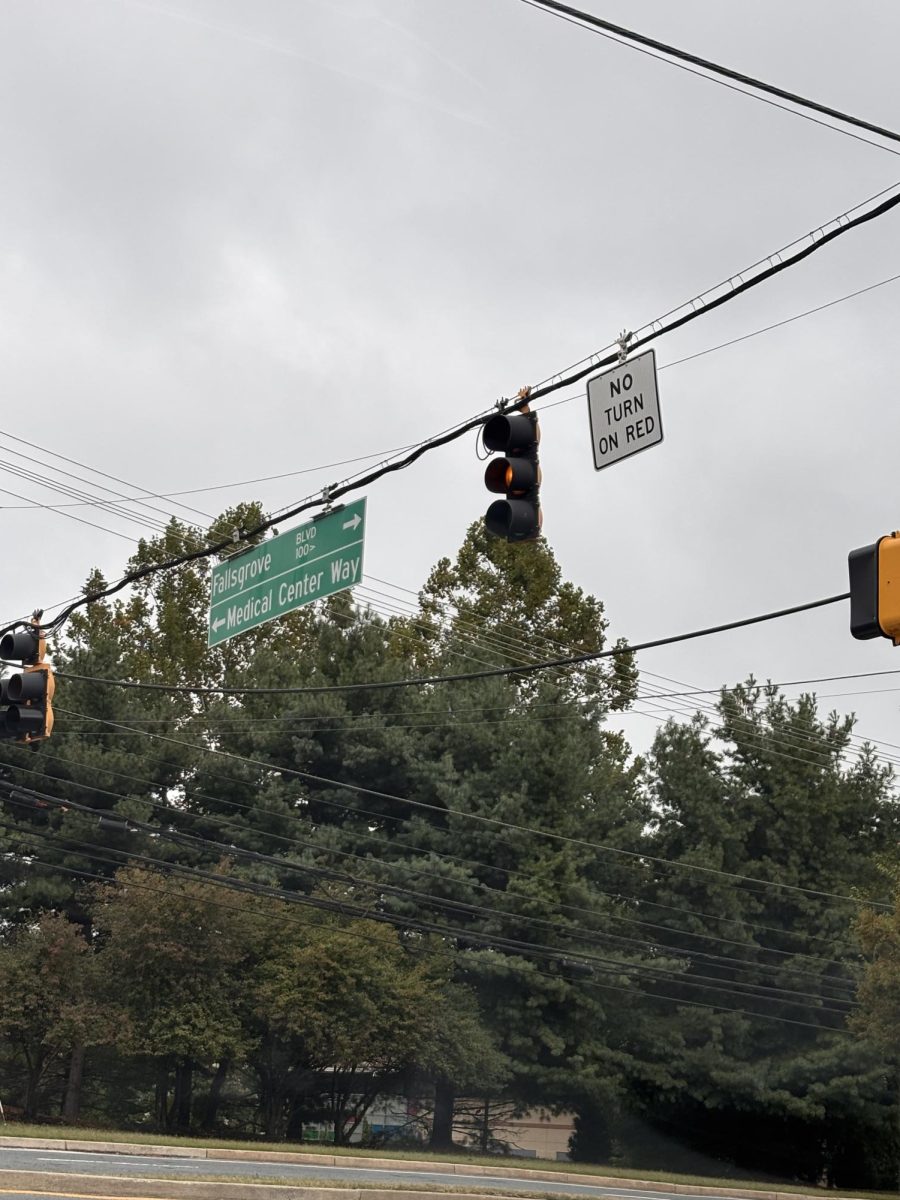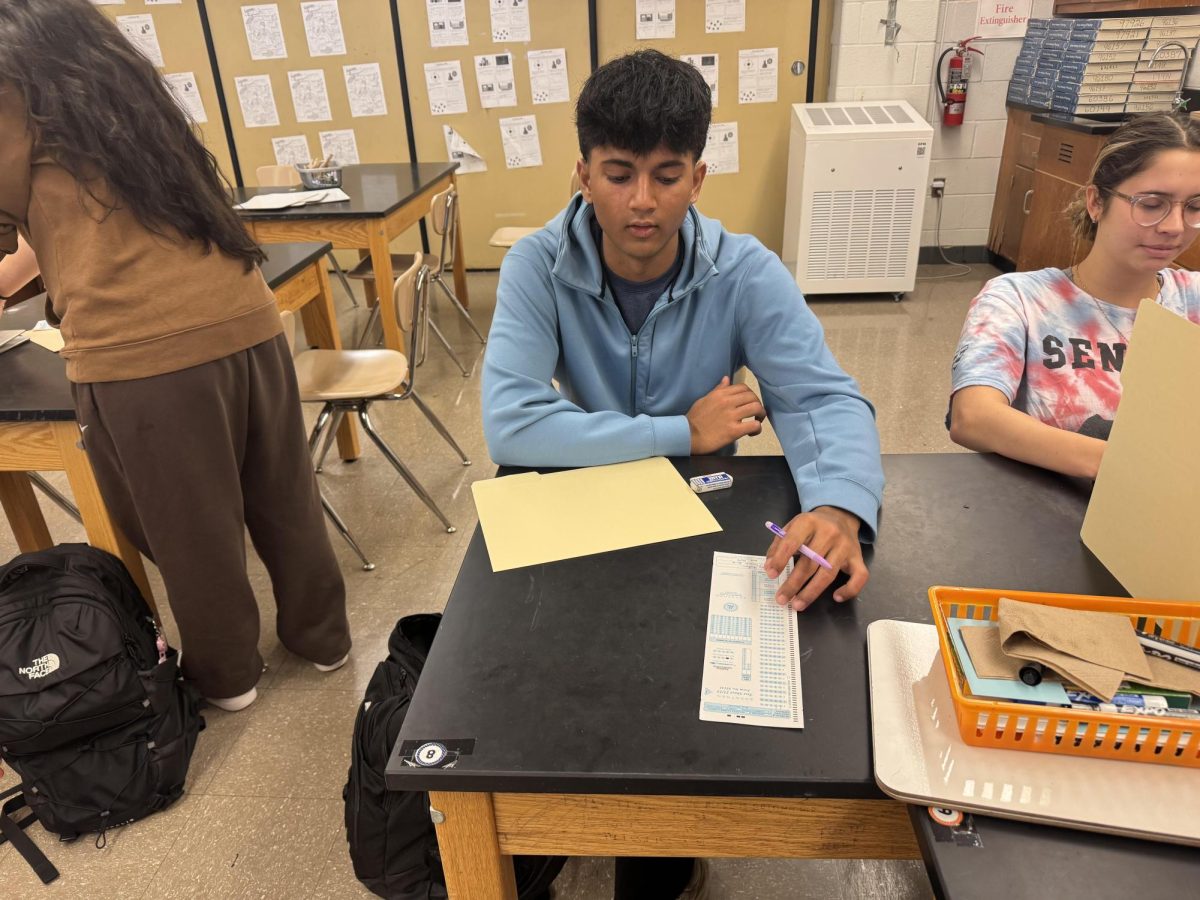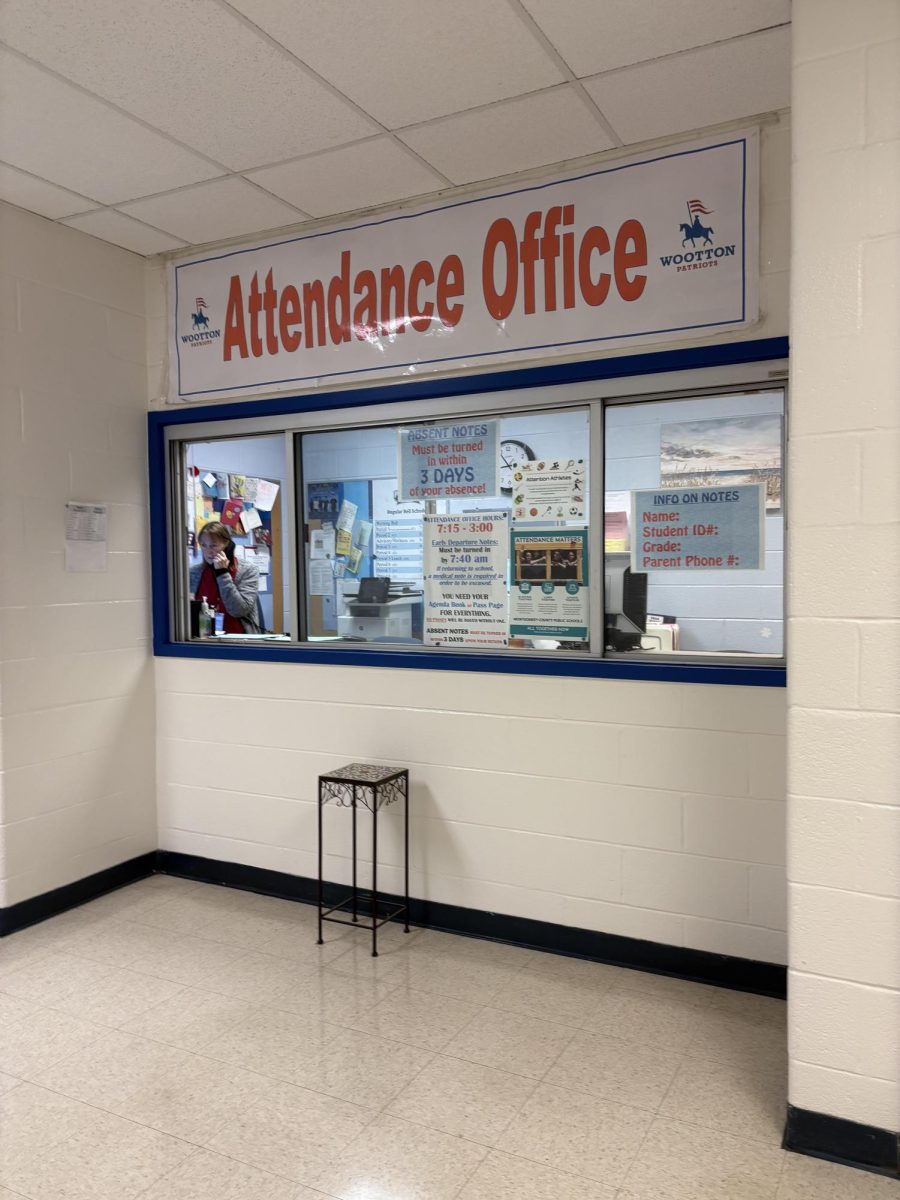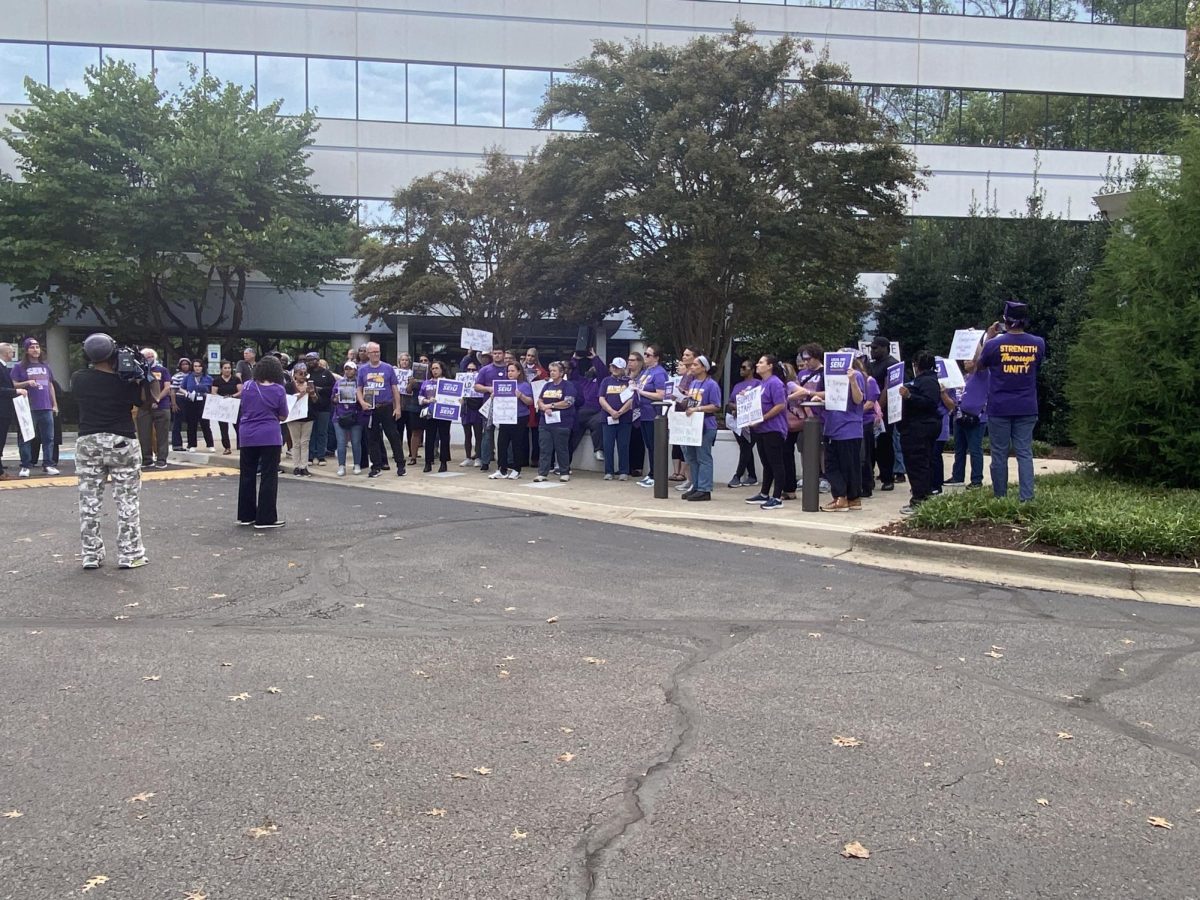Protesters fill the streets of major cities and the sidewalks outside international airports including LAX, Dulles and JFK. They hold signs with phrases in support of legal immigrants and travelers from countries banned by President Donald Trump’s executive order. Signs reading “Let them in,” “Impeach Trump,” “Sanctuary” and “Humanism knows no borders” are framed against the cloudy sky, creating an ominous atmosphere as citizens across the nation gather together to protest the President’s order.
Trump signed an executive order on Jan. 27 banning students, visitors and green-card holders from Iran, Iraq, Libya, Somalia, Sudan, Syria and Yemen from entering the United States for 90 days. Refugees from these countries are banned from entering for 120 days.
The order left airlines, U.S. enforcement agencies, travelers and foreign countries scrambling to comply with the order’s demands. Several federal judges, including judges in New York, Massachusetts, Virginia and Washington have limited the execution of the order by granting emergency stays to legal travelers who have already arrived in the U.S. or were currently in the air when the order was signed. Court orders that are colliding with the executive order have created confusion at airports as travelers are being detained and are not allowed to enter the U.S. or be sent back.
Former President Barack Obama, who said he would only publicly comment about Trump’s actions if they signal “certain moments where I think our core values may be at stake,” spoke out against the ban. Over 100 American diplomats have also condemned the ban. Acting Attorney General Sally Yates also spoke out against the ban and refused to enforce it. Yates was fired by President Trump on Jan. 30 and was replaced by Dana Boente, former U.S. attorney for the Eastern District of Virginia, who has promised to enforce the ban.
On Jan. 29, the Department of Homeland Security said it would comply with orders to enforce the ban. White House chief of staff Reince Priebus also announced Sunday that green-card holders from the banned countries would not be prevented from entering.
The Trump administration issued additional details on January 31, clarifying the status of affected immigrants and refugees. Those who hold temporary visas and would normally be allowed to travel back to their home countries, including international students, are barred from entering the U.S.. “Iran has nothing to do with whatever is going on in the United States,” Iranian citizen junior Kim Heydari said. “Iranian citizens are really different from the government. They detained my mom for no reason, almost were going to take away her green card and everything, handcuffed for 15 hours for no reason. The thing is that what Trump is doing is totally irrelevant. All those countries [Saudi Arabia, Pakistan] that should be banned or inspected are not on the ban.”
The benefits of the order is that it will prevent potential immigrants who have criminal records from coming to the U.S.. “When I talked to a deputy from homeland security, she said she has seen people come into the country as immigrants and they have criminal records because of not having this ban. Now with this ban that kind of solves that problem, but also poses this problem of banning everyone,” Heydari said.
The secretaries of State and Homeland Security have also been allowed to issue visas on a case-by-case basis, allowing them to admit translators or interpreters for the military via special immigrant visas and waivers. In addition, U.S. citizens who are dual citizens and can present a passport from a country not under the ban are exempt, as are those who hold certain diplomatic and government visas. Oral arguments on the legality of Trump’s order were heard on Feb. 7 at the U.S. Court of Appeals in San Francisco. The Justice Department is urging the court to reinstate at least some parts of the measure, arguing that dismissing all parts of the ban would threaten national security and show disregard for presidential authority.
According to The New York Times, the brief is seeking to allow only “previously admitted aliens who are temporarily aboard now or who wish to travel and return to the United States in the future,” allowing the government to prevent people who have never visited the U.S. from entering. Fifteen states and the District of Columbia filed a supporting brief, arguing that “cause harm to the states, including to state institutions such as public universities, to the businesses that sustain our economies, and to our residents.”
President Donald Trump commented on the case and defended the order, arguing that “it was done for the security of our citizens, so people don’t come in who are going to do us harm. That is why it was done. It couldn’t have been written more precisely,” according to CNN.
The court ruled unanimously against reinstating the ban, allowing those banned to continue to enter the U.S.. The court has not yet ruled on claims that the ban discriminates against Muslims. Trump’s response? An angry tweet written in all capital letters saying, “see you in court, the security of our nation is at stake!”
Rachel Wei
Features Editor



